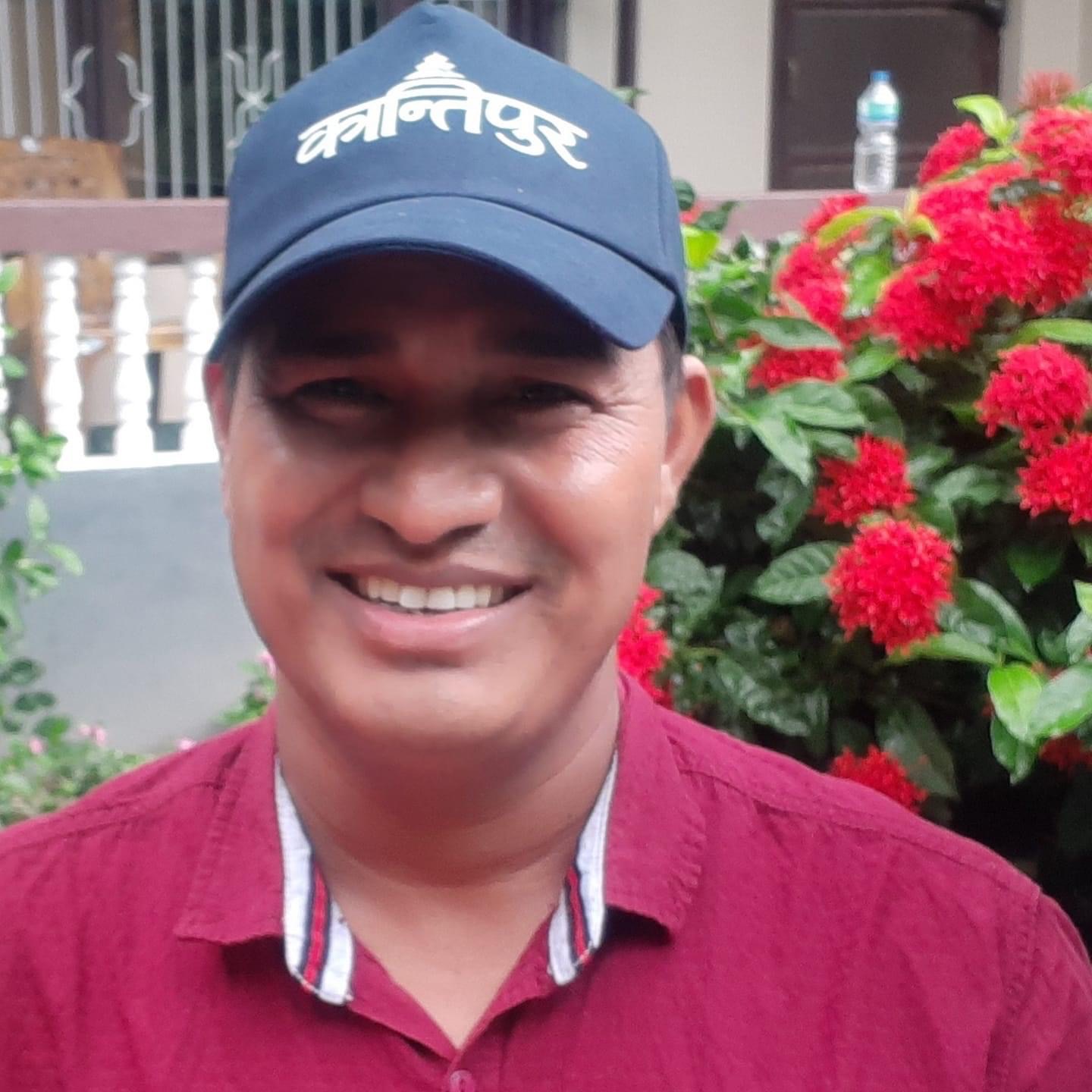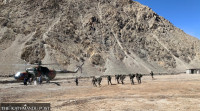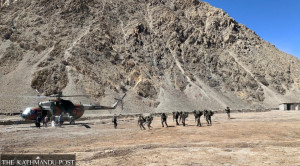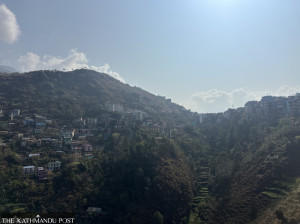Karnali Province
Karnali hasn’t reported a single Covid-19 case, but remains on edge
The province prepares for a fight against Covid-19 given the large influx of Nepali migrant workers from India in the last month..jpg&w=900&height=601)
Kalendra Sejuwal
On April 15, two individuals from Rukum (West) tested positive for Covid-19 when they were tested at the Dhangadi-based Coronavirus Testing Laboratory.
When their samples were sent to the Kathmandu-based National Public Health Laboratory for re-testing, both the individuals tested negative. Since then, there hasn’t been a single positive case reported in Karnali.
But many say it’s just a matter of time before positive cases begin to surface in the province given the large influx of Nepali migrant workers from India in the last month. Every year the province sees a mass exodus of people to Kalapahad and other cities in India in search of jobs.
Sarki Rokaya, a local of Banjhghat in Jumla, said he usually goes to India in mid-February and returns home by mid-April. “But this time, we returned on April 2. While we usually go to Himachal Pradesh and Uttarakhand, this year we went to Uttar Pradesh because business was good there,” said Rokaya.
Although there’s no official data, around 80 percent of migrant workers in Jumla who go to India for work, go to Kalapahad, according to the Ministry of Social Development. Most of them work as daily wage workers there.
Some believe that the risk of spread of coronavirus through recent returnees from India is low because Himachal Pradesh and Uttarakhand, where migrants from Karnali go, are areas least affected in India so far.
Dal Rawal, minister for social development, Karnali Province, said, “Many locals of Karnali went to Himachal Pradesh and Uttarakhand for jobs this year. But since the coronavirus infection rate is low in these states, and most Nepalis returned to Nepal before the pandemic broke out in India, we believe the risk is minimal.”
Meanwhile, Dr Dambar Khadka, director at Karnali Provincial Hospital in Surkhet, said it’s too early to rule out the possibility of the spread of the virus. “In the present condition, we can’t declare the province safe just yet. The hospitals and health workers should be on standby with medicines and PPEs,” he said. “Testing should be intensified in villages to avoid community transfer of the virus.”
The Provincial Health Directorate said they are running rapid diagnostic tests on recent returnees to rule out the possibility of the disease. Reeta Bhandari, director at the Provincial Health Directorate, said, “We are conducting rapid diagnostic tests on those who returned from Himachal Pradesh and Uttarakhand. These two states have so far reported a minimal number of positive cases, but we don’t want to take chances. We have conducted polymerase chain reaction tests on those who arrived from the Gulf and other other countries worst affected by the outbreak.”
Until Wednesday, 936 polymerase chain reaction tests have been conducted in Karnali.
According to Om Acharya, coordinator at the Coronavirus Testing Laboratory, all have tested negative. Results for 98 samples are yet to come in,
According to the Provincial Health Directorate, rapid tests of 5,267 individuals have been completed in 10 districts of Karnali Province until Tuesday.
Most Nepalis working in Himachal Pradesh and Uttarakhand, return home by mid-March to work on their paddy fields. Data from the District Administration Offices in Karnali showed that 5,776 individuals have returned to the province since mid-March.
However, in the last few weeks, Karnali saw a surge in people from other parts of the country entering the province. During the lockdown period, the provincial government and local governments rescued hundreds of people and sent them home. According to the District Police Office, Surkhet, 8,160 people have returned home in the past one week.
Mahendra Bahadur Shahi, Chief Minister of Karnali Province, said officials are trying their best to contain the spread of Covid-19. “Local units, political parties and civil society leaders have also helped us to mitigate the risk of spread of the virus,” said Shahi.
Similarly, Kabindra Kumar KC, chairperson of Simta Rural Municipality in Surkhet, said, “It is time for all levels of government to come together and make collaborative efforts to control the spread of the disease. It’s imperative to prioritise effective ways to fight the virus as this is directly related to public health and safety.”




 14.24°C Kathmandu
14.24°C Kathmandu













